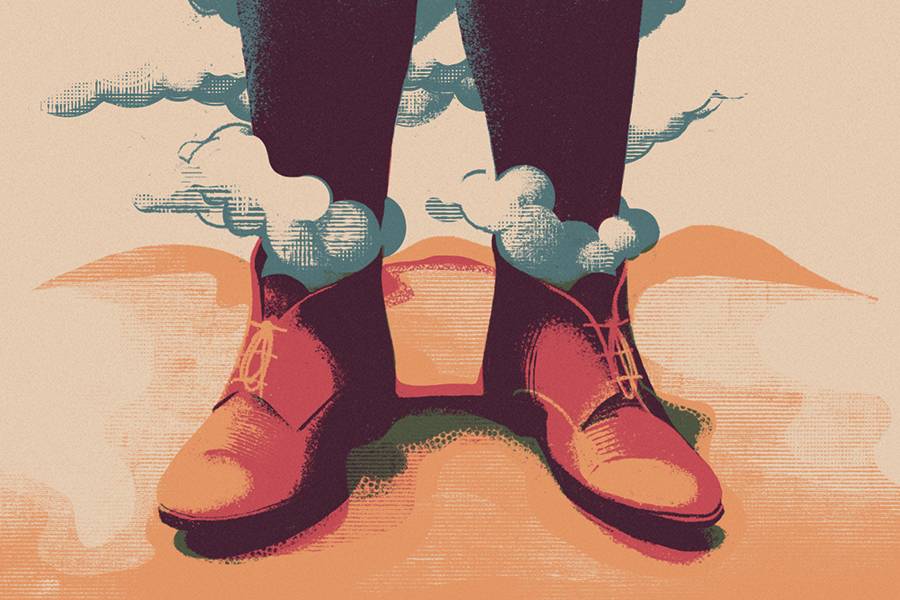"Be quick to listen, slow to speak, and slow to anger." —Alex Pickens III, SPH '02 (MHS)
"If you have no expectation of someone, they will have no expectation of themselves." Given to me on my first day of student teaching in Baltimore City by my supervising teacher. —Bonnie Lipman Levitt, Ed '75 (MEd)
Shortly after my parents were married, they went to the Atlantic coast with another couple. Both women were pregnant. Engaged in a conversation, my father and the other woman walked out into the ocean. When they started to return, the water was too deep. They were standing on a sand bar and the tide had come in. He said, "I guess we'll have to swim." Terrified, she replied, "I can't swim!" He put his arms around her and tried to carry her back to shore, but she was fighting so hard, they both started to drown. He pushed her away. She swam back to shore.
Whether my father intended to give us that admonition—"Don't ever let anyone drown you!"—I don't know. But I do know I have given that advice countless times to patients, and, even more, to patients' spouses. So far, no one has drowned. —Barbara Young, Med '45 (MD)
When you're at the end of your rope, tie a knot and hang on! —AnnaMaria Preston, SAIS Eur '90 (Cert.)
When I was a difficult teenager, feeling unhappy with everything, my grandmother told me: You are responsible for your own happiness. You have to decide if you're going to be happy and how you will achieve that. No one else can do that for you. —Kathy Pongor, Ed '88 (Cert.)
There are at least two kinds of education, a moral from "The Fable of The Bookworm and The Butterfly Who Went into the Law" in Forty Modern Fables by George Ade. —David D. Mukai, SPH '90 (MPH)
Next up: Tell us about the Hopkins professor who had the biggest impact on you. Send responses to jdb@jhu.edu with "Icebreaker" in the subject line. If we print your response, we'll send you a JHU pocket notebook.
Posted in Voices+Opinion








